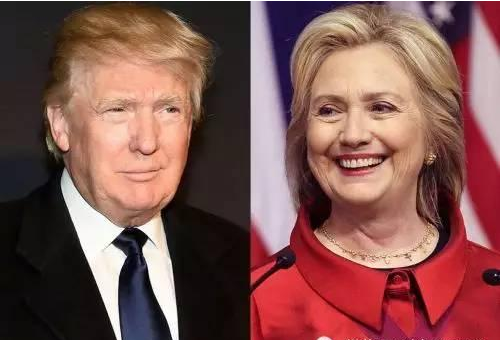Hilary: Which candidate are you going to vote for in the upcoming election?
希拉里:接下來的選舉中,你打算給誰投票?
Donald: Neither one. I’m not voting.
唐納德:誰也不投。我不打算投票。
Hilary: What? You have to vote. Don’t you want to make your voice heard?
希拉里:什么?你必須投票。難道你不想讓大家聽聽你的呼聲嗎?
Donald: Neither candidate represents my views. They each have their own political agendas that reflect the concerns of the elite, not people like you and me.
唐納德:候選人的政見與我相左。他們都有各自的政治議程,這些議程反映的都是精英階層的利益,而不是你我這樣的平民。

希拉里:對我而言,選民的冷漠才是真正的原因。不投票的話事情是很難出現(xiàn)改變的。
Donald: You’re not listening. Both candidates are in the pockets of special interest groups and only care about pork-barrel politics. They’re not really concerned about the everyday challenges that you and I face.
唐納德:你聽我說。兩位候選人代表著特殊利益集團,只關心政治分贓。他們并不關心你我每天所面臨的挑戰(zhàn)。
Hilary: That’s not true. Look at the platforms of each candidate. They each stand for different things.
希拉里:這不是真的。看看候選人所站的立場。他們各自代表著不同的群體。
Donald: That’s just lip service. They’ll say whatever matches public opinion to get elected. No matter who gets into office, things will stay the same for regular folks like you and me.
唐納德:這都是表面文章。為了獲得選票,他們都是順著民意來高談闊論的。不論是誰入住白宮,平民百姓的生活還是不會有任何的改變。
Hilary: So you’re really not going to vote?
希拉里:所以,你真的不打算投票嗎?
Donald: Nope.
唐納德:不投。
Hilary: What do you hope to achieve?
希拉里:那你希望實現(xiàn)什么目標?
Donald: Consider it a silent protest by the disaffected.
唐納德:這是一場由不滿引發(fā)的無聲的抗議。
譯文屬可可原創(chuàng),僅供學習交流使用,未經(jīng)許可請勿轉載











